Improve number recognition Adding up to 100 Worksheets for 7-Year-Olds
7 filtered results
-
From - To
Boost your child's number recognition and addition skills with our engaging "Adding up to 100 Worksheets for 7-Year-Olds" at Kids Academy. These printable worksheets are designed to make learning fun and effective, helping young learners master adding numbers up to 100 in a supportive, colorful environment. Perfect for 7-year-olds, our educational activities promote confidence and ease in math. Each worksheet is tailored to blend learning and play, enhancing number comprehension, problem-solving abilities, and arithmetic proficiency. Visit us and discover the joy of watching your child build a strong mathematical foundation with our expertly crafted resources.
Improving number recognition and the ability to add up to 100 is crucial for 7-year-olds because it lays the foundation for future mathematical learning and everyday life skills. At this age, children are transitioning from simple counting to more complex arithmetic. Recognizing numbers and understanding basic addition up to 100 enhances cognitive development and supports critical thinking. These skills are essential for grasping more advanced math concepts in later grades, such as multiplication, division, fractions, and beyond.
Furthermore, strong number recognition and addition skills are linked to better performance in various subjects since math is integral to many academic disciplines. For example, mastering these skills early helps in understanding patterns, measuring, and organizing data, which can be beneficial in subjects like science and geography.
In everyday life, numeracy skills are equally important. They enable children to engage in day-to-day activities such as handling money, telling time, and measuring ingredients in a recipe, fostering independence and confidence. Parents and teachers play a crucial role in nurturing these skills through fun, practical activities and consistent practice. Early mastery of these foundational math skills not only boosts academic success but also equips children with essential tools for personal growth and lifelong problem-solving abilities.
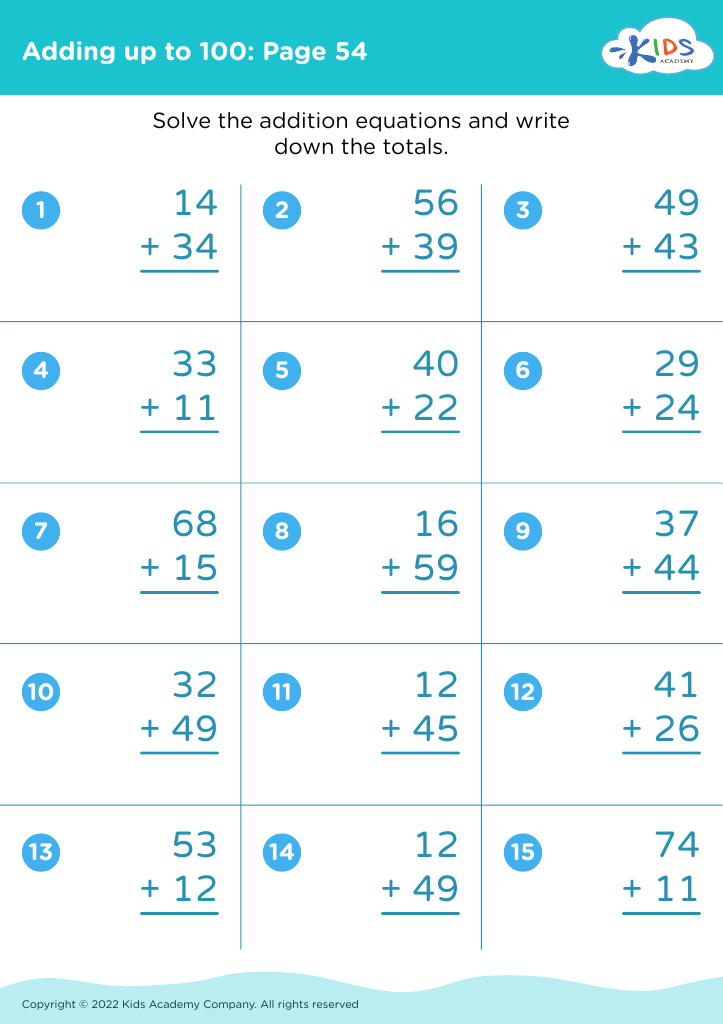
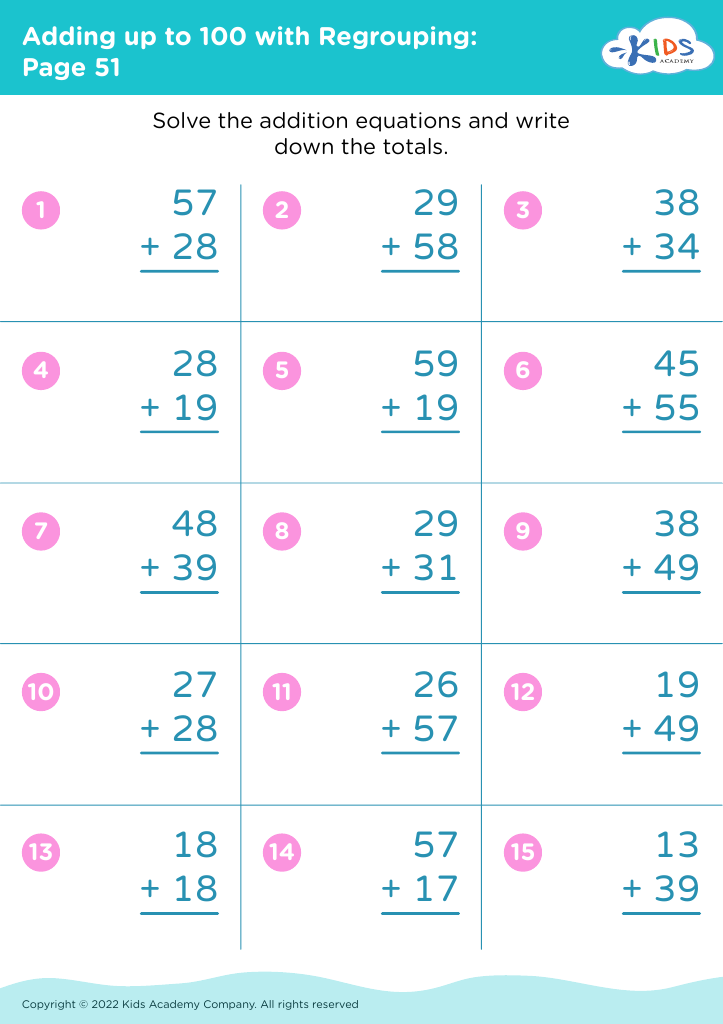
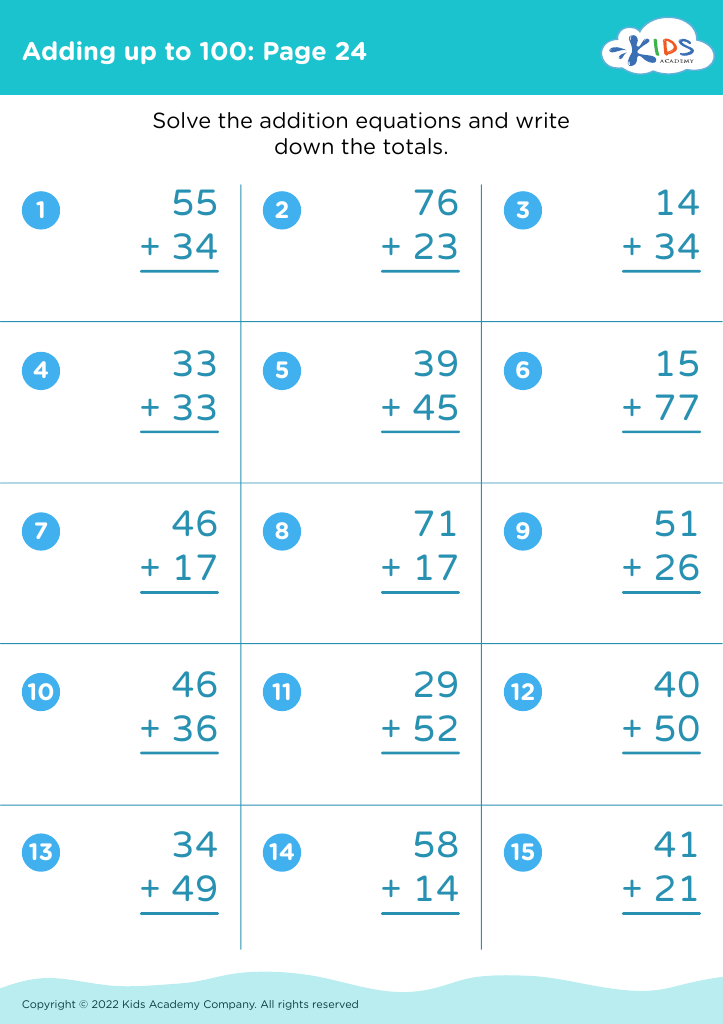


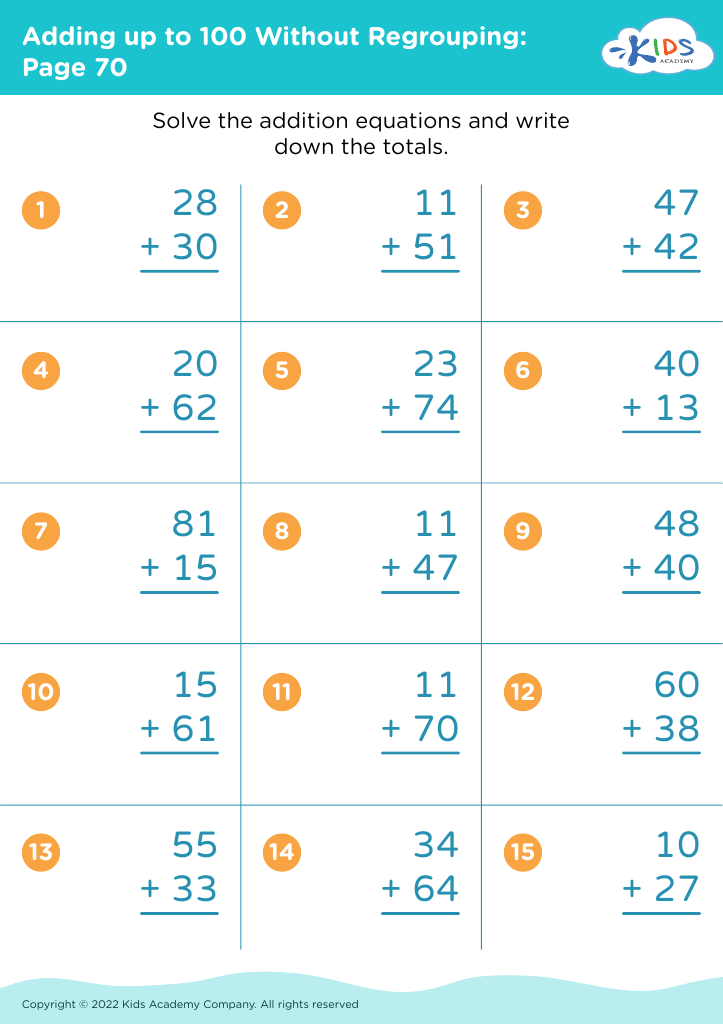
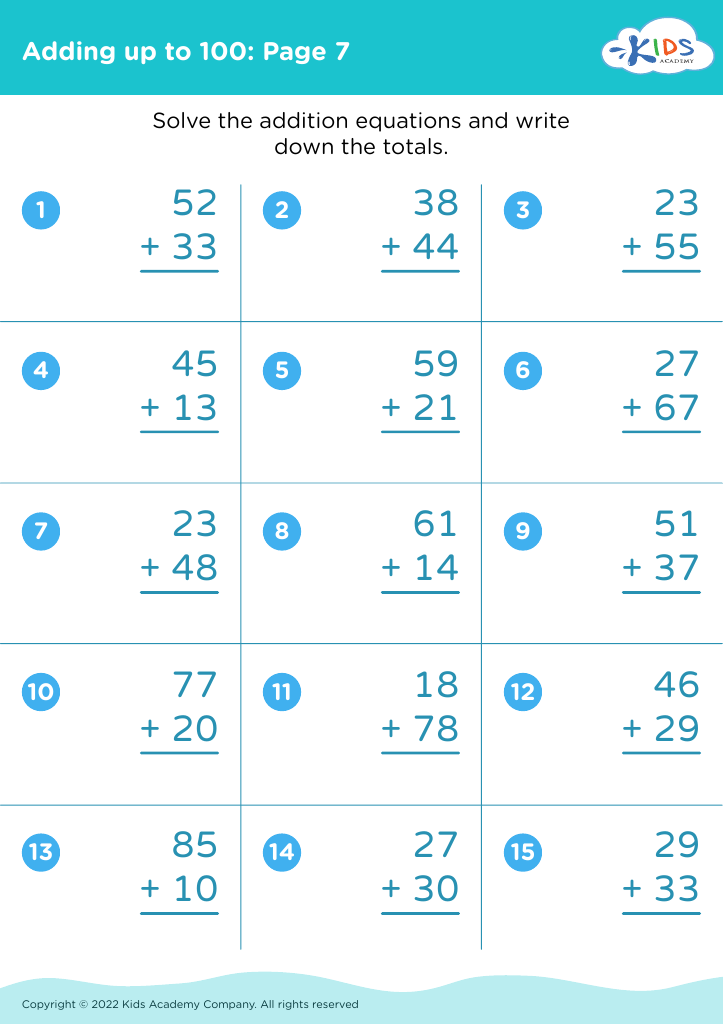


%20(1).jpg)











